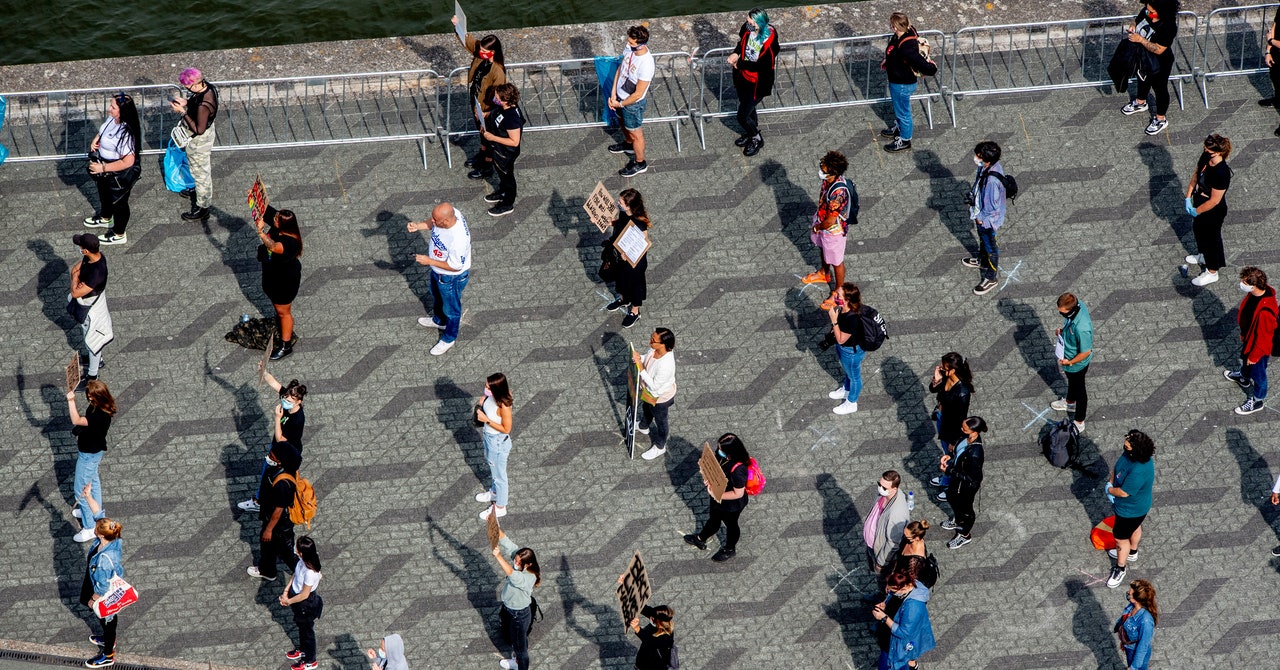Regret borne from reflection and anxiety from future projection can be crippling, even when both are necessary or ultimately liberating. These notions are especially true for social upheavals, where engaging the past involves questions more taxing than the ones Marie Kondo gave to us for spring cleaning: Do these relics make us feel good? When these relics are garments of clothing, we can say no, and away they go. With society, the relics that weigh us down can feel too complex to grasp or, more often, too inconvenient for us to want to engage with.
Nearly halfway through 2020, the world remains engulfed by the most explosive pandemic in over a century. Simultaneously, and not unrelatedly, neofascist populism manifests in unfamiliar settings, threatening democracy. In the United States, the last few months have delivered several visible test cases—involving deaths of African Americans at the hand of law enforcement—that have served as public referenda on the value of black lives, again. Covid-19 and uprisings have left our status quo in peril, and a public looking for answers.
WIRED OPINION
ABOUT
C. Brandon Ogbunu (@big_data_kane) is an assistant professor at Brown University who specializes in computational biology and genetics.
But the overlap of the pandemic and the protests against police violence is of a certain type: not quite familial, but instead, more like mirror images. Covid-19 and the uprisings are a kind of twin, where the features are identical but opposite. This manifests in their respective relationships with the past and future.
In the case of Covid-19, much of our obsession was, and remains, with future projection. This is the essence of the debate over the relevance of predictive models of disease, where citizen-scientists (of varied background and expertise) have sparred on social media, and less often in the scientific literature. The points of contention often involve the veracity and ethics of predictions. Some of the debates are justified: Erroneous calculations can drive bad policies and cost thousands of lives. Elaine Nsoesie, a computational epidemiologist and assistant professor at the Boston University School of Public Health, says, “We shouldn’t be too confident about our predictions of what will happen in the future. We should acknowledge uncertainty especially in the models that we develop.” Unfortunately, the politicization of Covid-19 science has made productive debates about model projections untenable, as conflicts of interest now perniciously manifest in which ideas are entertained, almost independent of the science underlying them.
Our obsession with the Covid-19-shaped future is about far more than what the “curve” will look like in six months. The pandemic has also forced us to reconsider how we communicate, work, and learn. For example, higher education must now rethink how to maintain research activities, deliver high-quality instruction, a

